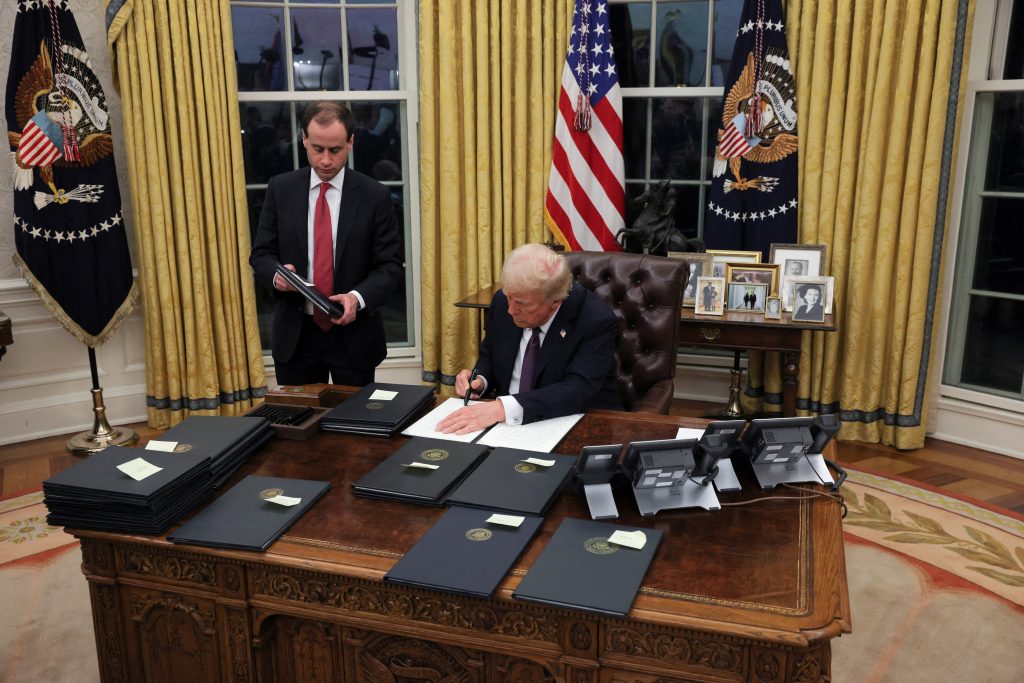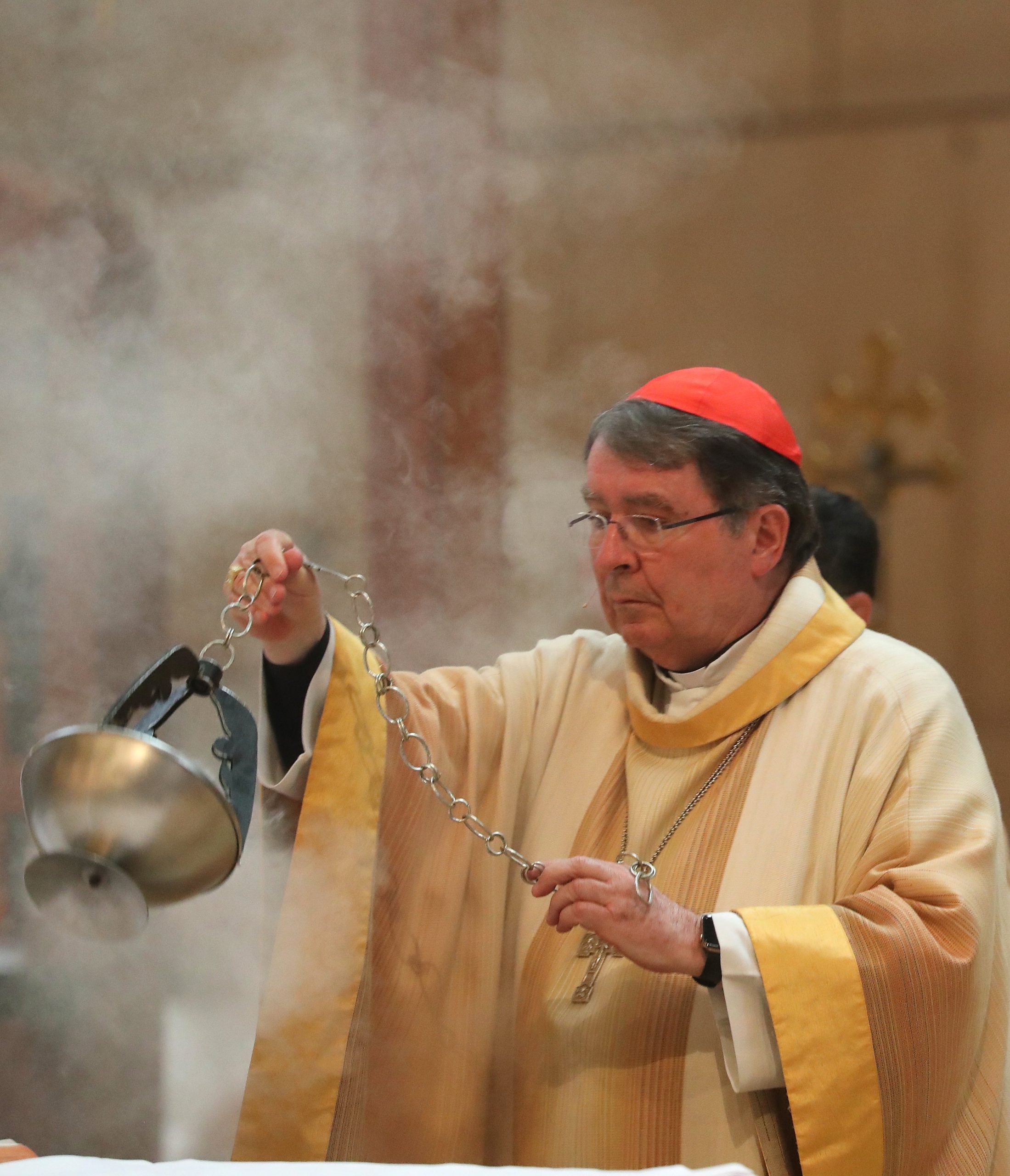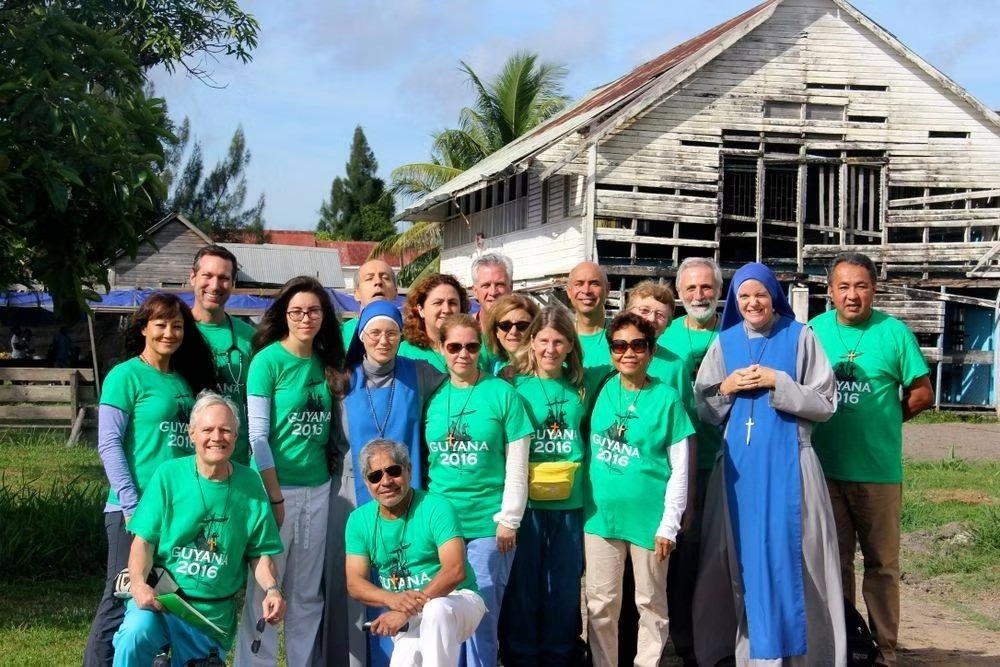WASHINGTON, D.C. – The U.S. Conference of Catholic Bishops (USCCB) filed a lawsuit on February 18 challenging the government’s unlawful suspension of funding for its refugee admissions program. For decades, the USCCB has partnered with the U.S. government and locally based Catholic partners to help nearly a million individuals find safety and build their lives in the United States. The unilateral and unexplained decision of the government to suspend this program will have devastating impacts on refugees, making it harder for them to establish themselves in their new home. Read the full legal filing here.
The U.S. Conference of Catholic Bishops (USCCB) offered the following statement from its spokesperson, Chieko Noguchi, executive director of public affairs:
“The lawsuit filed yesterday by the USCCB challenges the federal government’s suspension of funding for the refugee assistance programs we have run for decades. Throughout this long-time partnership with the U.S. government, the USCCB has helped nearly a million individuals find safety and build their lives in the United States. Refugees are individuals who have undergone special screening and vetting procedures by the U.S. government and are fleeing hardship and persecution in their home countries to resettle in the United States. We are urging the government to uphold its legal and moral obligations to refugees and to restore the necessary funding to ensure that faith-based and community organizations can continue this vital work that reflects our nation’s values of compassion, justice, and hospitality.”
Under U.S. law, a refugee is defined as one who is forced to flee their home country due to persecution or a well-founded fear of being persecuted on account of their nationality, race, religion, political opinion, or membership in a particular social group. The refugees in the resettlement program must go through an extensive vetting and screening process with the U.S. government before they are approved for arrival on American soil. All of these individuals have legal status to be present in the United States.

U.S. President Donald Trump signs executive orders in the Oval Office of the White House, in Washington, Jan. 23, 2025. (OSV News photo/Carlos Barria, Reuters)







